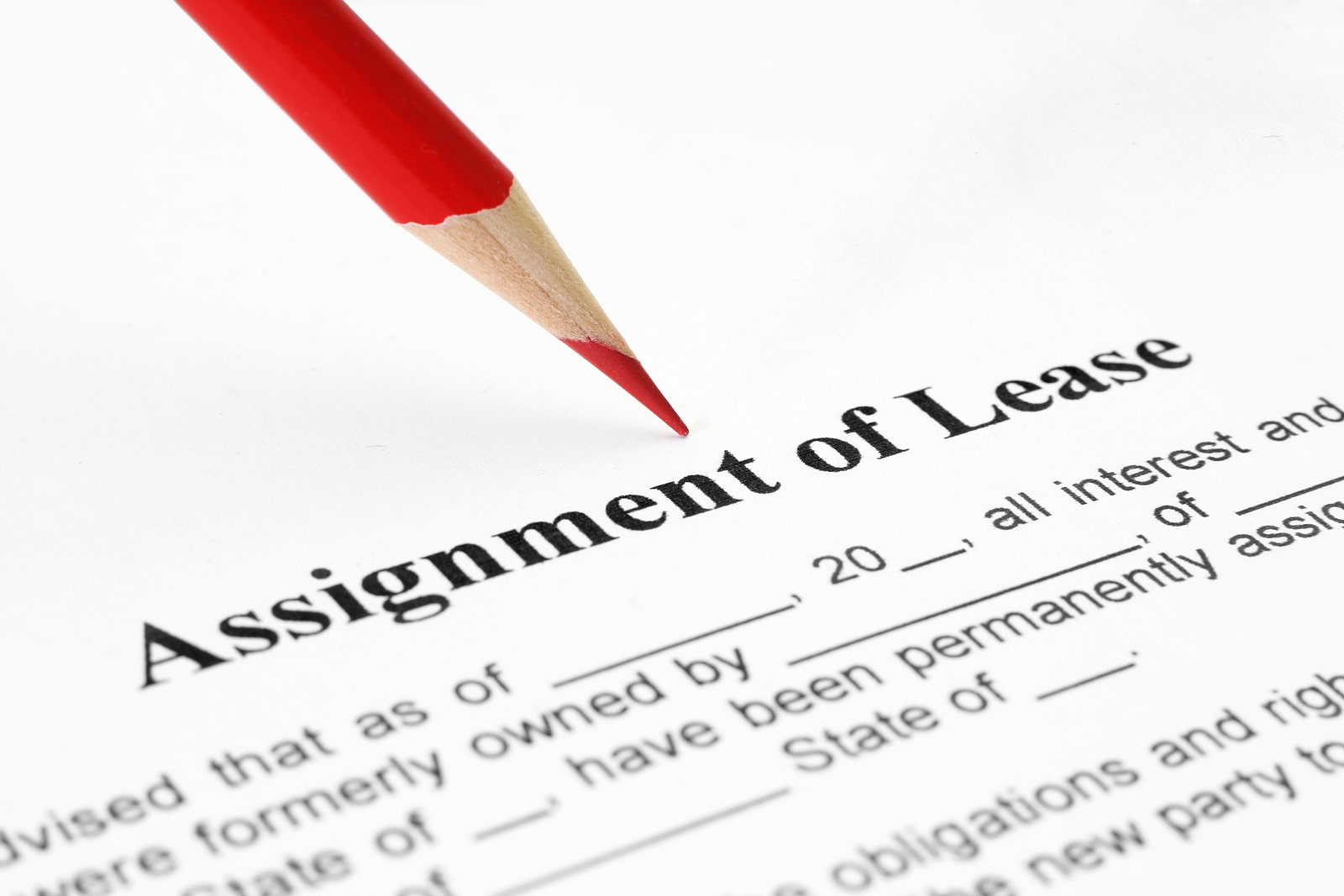Since the assignee is taking over the existing lease, rather than negotiating its own arrangement, the assignee needs to be happy with the rental rates, and the other terms of the lease.
With most assignments, the assignor is automatically released from their obligations towards the landlord, with these passing to the assignee, although this may not be the case with some older leases.
In some cases, a tenant is free to assign their lease as they choose. More usually, however, a lease will only allow assignment with the landlord’s consent.
Where the landlord’s consent is required, they must not unreasonably object or delay, unless they can give a good, lawful reason. If they cannot, they may be required to pay compensation to the tenant.
If the landlord needs to be involved, it may be necessary to have three sets of solicitors involved, as the landlord, assignor and assignee will all require separate representation. The assignor and assignee usually meet their own legal fees, with the assignee picking up the tab for the landlord.
The assignee may also have to supply the landlord with bank references or audited accounts proving that they are solvent and can afford the rent.
Often, the landlord will also require a rent deposit as a condition of granting consent to assign. This is paid by the new tenant (assignee). It acts as security for the landlord; if the assignee fails to pay rent, or otherwise breaches their obligations under the lease, the landlord can keep the deposit.
These are just a few of the reasons why, whether you’re an assignor or assignee, it’s important to have a legal expert check your lease before beginning the assignment process.
Depending on the lease provisions, and the landlord’s requirements, there may be up to four important documents which you will require solicitors to draft. These are:
-
Licence to Assign: if (where necessary) the landlord gives consent, they may wish to record this in such a formal legal document, which is signed by all three parties.
-
Rent Deposit Deed: if a deposit is required from the assignee, this document records its terms.
-
Authorised Guarantee Agreement: Sometimes the landlord will ask for the assignor to guarantee the assignee’s compliance with its obligations. In this situation, the outgoing tenant will bear the risk of any non-compliance by the new tenant, and so it is important to consider this carefully before signing such an agreement.
-
Deed of Assignment: The main document which makes the assignment formal. In some circumstances, this needs to be registered at the Land Registry.

